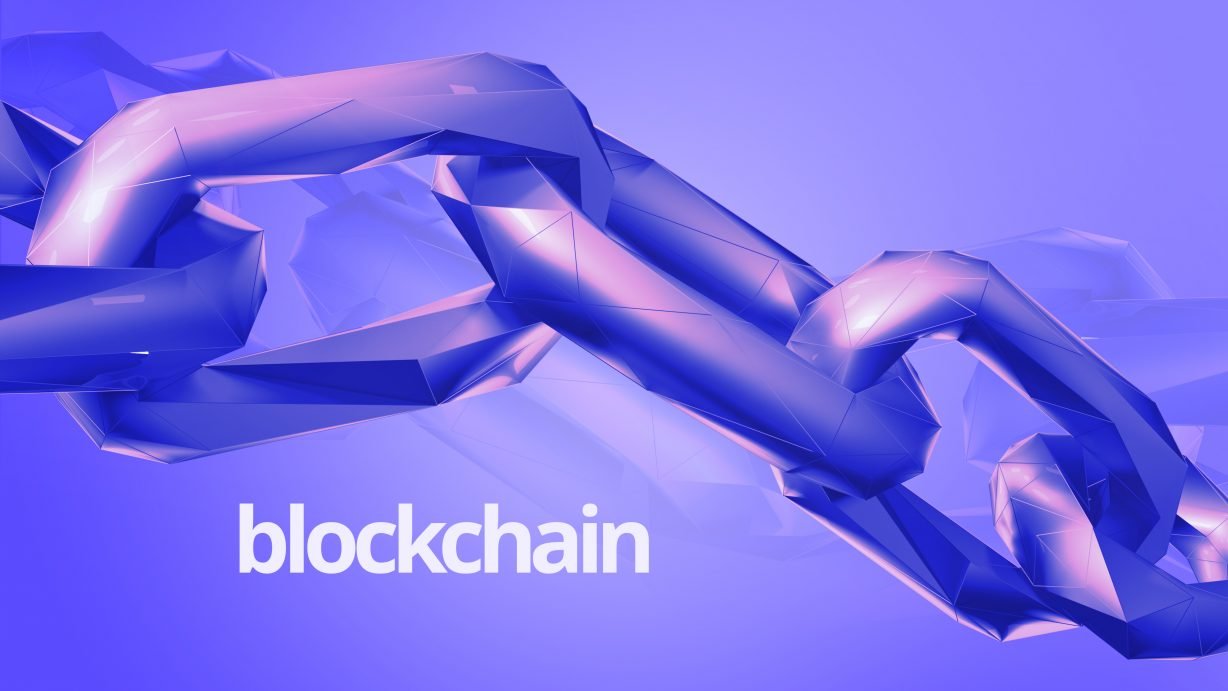The Runes protocol, launched with much fanfare just a few weeks ago as a way to create fungible tokens on the Bitcoin blockchain, seems to be losing steam. After a surge in activity during its initial rollout, data suggests a significant decline in usage and fee revenue.

A Pioneering Effort
Developed by Casey Rodarmor, the creator of Ordinals (which brought NFTs to Bitcoin), Runes aimed to expand Bitcoin’s functionality by enabling the creation of fungible tokens. These tokens could represent assets like loyalty points or stablecoins, potentially opening up new avenues for the cryptocurrency.
Early Promise, Fading Interest
The first week of Runes’ operation saw a flurry of activity. Users minted new tokens and interacted with the protocol, generating a substantial amount of daily fees on the Bitcoin blockchain. However, this initial excitement appears to have fizzled out.
Concerning Downward Trend
According to Dune Analytics data, the number of new mints and wallets interacting with the protocol has dropped significantly. Fee revenue, which initially crossed $1 million on a few occasions, has also been on a steady decline. This suggests a dwindling user base and a potential lack of long-term adoption.
What’s Causing the Decline?
Several factors could be contributing to Runes’ waning popularity. The relative complexity of using the protocol compared to other blockchain platforms designed specifically for fungible tokens might be deterring some users. Additionally, the limited functionalities of Runes tokens compared to other options could be a factor.
The Future of Runes Remains Uncertain
It’s still too early to say definitively whether Runes is a flash in the pan or a sign of things to come for tokenization on the Bitcoin blockchain. The developers might introduce improvements or new features to attract users back. However, the current decline in activity raises questions about the protocol’s long-term viability.
Bitcoin’s Evolution Continues
Despite the challenges faced by Runes, the underlying concept of tokenization on Bitcoin remains an interesting development. It’s a testament to the ongoing evolution of the Bitcoin ecosystem and the تلاش (talash, Arabic for “effort”) to find new ways to utilize this revolutionary technology. Whether Runes paves the way or a different protocol emerges, the future of tokenization on Bitcoin is sure to be closely watched.









